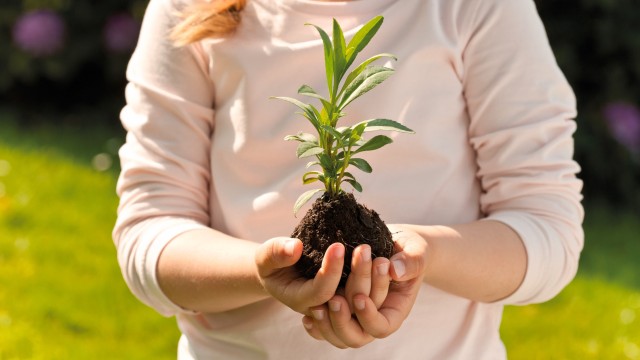A major factor for reducing CO2 emissions is electricity from renewable energy sources, which, when used at our worldwide production sites, enables an annual CO2 saving of up to 18,000 tonnes.
Our production sites and offices in Germany have been running completely on "green" power since 2017, in 2018 we upgraded our production plants in Belper and Nantes to also run on “green” power.
Other sites will also make the switch insofar as "green" electricity is available in the country concerned.
A second key factor is reduced energy consumption within the production processes and buildings of the Vaillant Group. Efficiency measures in production and within our buildings are designed to help lower gas consumption at the Vaillant Group and thus, significantly reduce the associated CO2 emissions. And of course, many of our sites use our own heat pump solutions to heat the buildings we work in.





